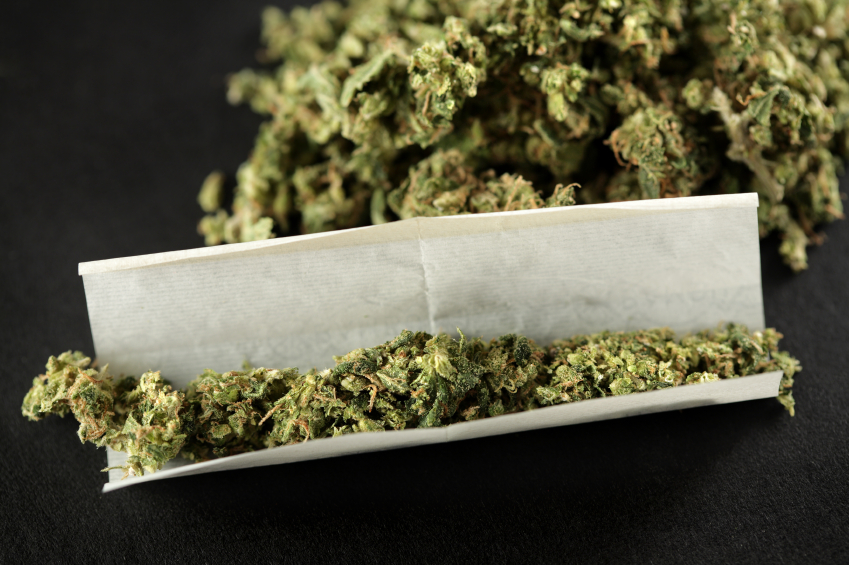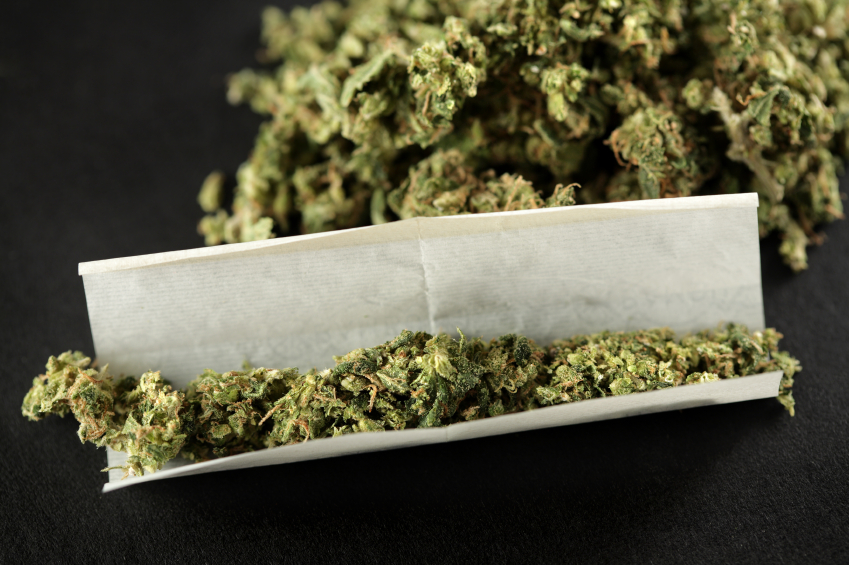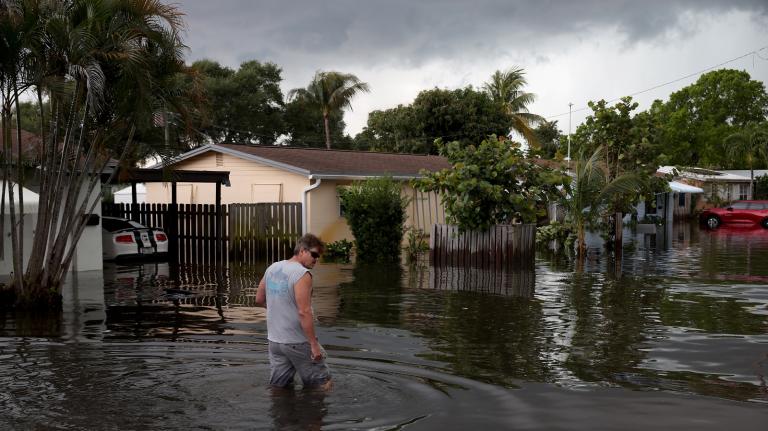Editor’s note: This is an April Fools’ Day post.
In Checkout Line, Lou Bendrick cooks up answers to reader questions about how to green their food choices and other diet-related quandaries. Lettuce know what food worries keep you up at night.

Dear Checkout Girl:
Is it better to buy locally grown marijuana which may have been fed with chemicals, or organic hooch from far away?
Sincerely,
Erik
Dear Erik,
As you probably know, industrial marijuana, aka “Big Pot,” has its problems. (In my house, big pot is useful only for boiling a big pound of pasta.) Marijuana from large-scale growing operations (hooch from far away) is often heavily sprayed with fungicides and herbicides like Paraquat. This is not only hard on ecosystems; it’s also a bit harsh on the lungs.
“Local, organic weed is way smoother,” said Josh Harrison, president of Bay Area Kids for Eco Drugs (BAKED) in San Francisco. “And way better for you. There’s no chemicals and shit.”
As you can imagine, I am a big fan of locally grown drugs — and no matter where you live, you can buy locally. When you buy local, you can ask your dealer about how the pot was grown and which sprays were used (assuming, of course, that he or she doesn’t think you’re some sort of narc and put a cap in your ass because you’re asking too many questions — I address this contingency below).
If at all possible, try to talk to the grower himself — or better yet, visit the growing area. (This may be dicey; you may be blindfolded for the van ride to an undisclosed location. In the event that you are, do not wander around unattended; these places can be full of nasty boobytraps.)
Also, despite use of illegal irrigation, an outdoor operation is preferable to an indoor growing operation, which is likely to use grow lamps and burn beaucoup fossil fuels. The good news is that some small-scale growers are switching to compact fluorescents.
“You can’t be a stoner and not care about the earth — all of the original environmentalists were potheads,” says Art Wentworth, an Arcadia, Calif.-based entrepreneur who founded the California Organic Marijuana Cooperative, a group of small-scale farmers who use organic soil treatments.
“You’ve got to know where your shit comes from,” he told me. “Mexico may have some really primo hash, but God knows what they sprayed on it or how many miles it had to travel on some gas-guzzling speed boat or little plane.” In fact, California, as one of the more progressive states, passed the Spraying, Fertilizer, Liquid-manure and Ecological Earth Functions (SPLEEF) law in 2007, which closely restricts what sort of nasty-ass shit can go on your precious buds.
Gov. Arnold Schwarzenegger, smoking one of his trademark “cigars” at the time of the signing, declared, “Dis law vill ensure California’s continued leadership in environmentally friendly agricultural productz of de highest dollar value.”
Now, as to how to ask your dope farmer what’s up with his shit without offending him or getting capped, I turned to Amber Ridgeway (not her real name), a professional dancer who happens to be the girlfriend of a “big-time” dealer. “If you are going to make an accusation about quality, you had better be packing,” she told me. “And that caliber had better begin with a four,” she laughed. “So unless you’re a very established customer, be cool. Know what I’m saying?”
Amber reminded me that some green-minded consumers are in the market for what she called the “harder shit,” like cocaine. She suggested looking for the Fair Trade, Cartel-Free label on the little vial. FTCF cocaine ensures that small coca farmers earn a living wage and guarantees that they can sell their products outside of the tyranny of oligopolists and bandanna-wearing bad guys armed with automatic weapons.
But please note that coke, aside from being “oh so Eighties,” is a highly processed product. As my regular readers know, I’m no fan of stepped-on comestibles. If you’re looking for a less-processed pick-me-up, check out New York Coca-Leaf Enterprises (NYCLE), which is forging a new path for local, artisanal stimulants with growing plots in the backyards of Queens and Staten Island.
So far “Nickle” (as they always say when they answer that unlisted cell phone number) is only providing heirloom coca leaves for chewing, but who knows what opportunities the free market will provide?
Needless to say, if you can’t score local and/or sustainable drugs, the very least you can do is to recycle your baggies (use a countertop plastic bag dryer) and bindles (note to dealers: go for post-consumer recycled paper, or better yet, paper certified by the Forest Stewardship Council).
Lastly, when it comes to more hard-core drugs (let’s face it — pot is a gateway drug), feel free to break some environmental rules. If you’re using needles, don’t recycle. If you do, go ahead and use bleach and lots of it.
I hope this helps, Erik. Stay tuned for April McGreger’s upcoming recipe for vegan pot brownies.
April foolishly,
Lou



